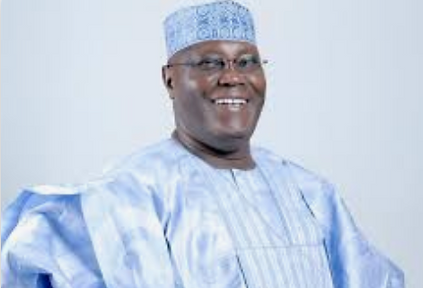NYFA LEADERS' ECONOMIC DIGEST
Episode 2
By NYFA Editors
Naira's Nemesis: The Dollar Deception Unmasking Tinubu's Currency Conundrum and Facade of Fiscal Prudence.
We proffer our most sincere felicitations to Nigeria's female national teams, the D'Tigress and Super Falcons, on their remarkable victories, which serve as a testament to the nation's rich sporting heritage and the unwavering dedication of these exceptional athletes. Their achievements are a source of immense pride for the nation, and their triumphs constitute a celebration of Nigerian excellence.
However, amidst the jubilation and celebrations, a stark reality looms large. President Tinubu's decision to reward these national heroes with $100,000, rather than utilising the local currency, the naira, raises pertinent questions regarding the administration's fiscal policy. This choice appears to tacitly acknowledge the naira's significant depreciation, rendering it an unappealing option for rewarding national achievements.
A cursory examination of the naira's trajectory reveals a stark narrative:
- 1999-2007: The exchange rate hovered around ₦21.89 to ₦127 per dollar, a period characterised by relative stability.
- 2023: The naira suffered a significant depreciation, losing 23% of its value amidst a currency crisis.
- 2023-2024: The naira's devaluation precipitated a substantial increase in Nigeria's external debt, approximating ₦30.03 trillion.
- 2025: The exchange rate presently stands at approximately ₦1,530.34 per dollar, a stark testament to the currency's fragility.
The naira's depreciation has far-reaching implications for the Nigerian economy:
- Inflationary pressures: The weakening naira fuels inflation, thereby eroding the purchasing power of Nigerians.
- Foreign investment: Negative real interest rates have dissuaded overseas investors, further exacerbating the economic malaise.
- Economic growth: The decline in naira value consistently affects economic growth, casting a pall of uncertainty over the nation's economic prospects.
Therefore, while we celebrate the triumphs of our female national teams, we cannot help but notice the disconnect between their achievements and the economic reality facing Nigeria. Tinubu's dollar rewards for the D'Tigress and Super Falcons serve as a poignant reminder of the naira's woes. The government's reluctance to utilise the local currency underscores the depth of the economic challenge facing Nigeria, and it is imperative that policymakers take cognisance of this disparity and strive to address the underlying issues plaguing the economy.
Furthermore, it is crucial to acknowledge that the naira's depreciation is a symptom of a more profound economic malaise, which necessitates a comprehensive and multifaceted approach to rectify. The administration's fiscal policy must be recalibrated to prioritise economic stability, investor confidence, and sustainable growth.
Ultimately, the fate of the naira and the Nigerian economy hangs in the balance. It is incumbent upon policymakers to demonstrate prudence, foresight, and a commitment to economic reform, lest the nation's economic prospects continue to dwindle.

